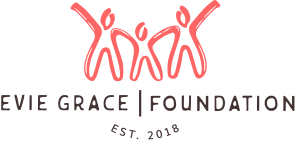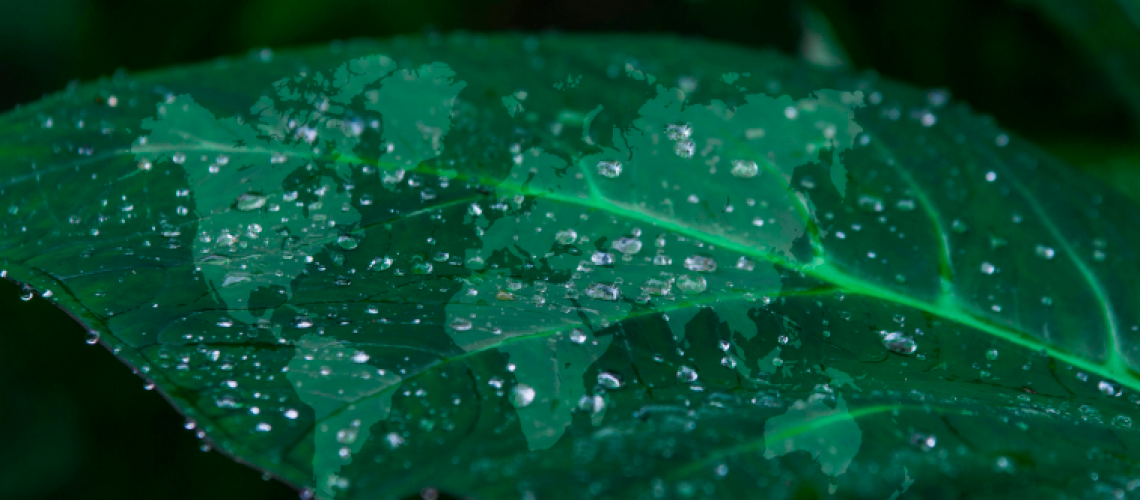Sustainability is a critical player in approaches to development. It’s a challenge, an opportunity, and a responsibility. Evie Grace Foundation keeps sustainability in mind with every strategy we adopt as a non-profit in an underdeveloped nation like Malawi.
Misconceptions abound regarding international development and sustainability. Many believe that ecological concerns need to be deprioritised when addressing systemic issues of hunger and poverty. Developing or underdeveloped nations are dismissed as having little or no concern about the environment. The reality is that wealthy developed countries may have the infrastructure and resources to put ecological policy into place, but they are also the dominant consumers and producers of CO2. Evie Grace is sensitive to the fact that many environmental problems in Malawi have complex causes – an impoverished postcolonial nation cannot be expected to regulate carbon-producing practices with the ease that developed countries can.
The unending bind of repaying national debt means that for survival purposes, Malawi continues to be an agro-based economy. This has led to deforestation and issues with agricultural runoff and soil erosion. Malawians once farmed millet and sorghum, which were resistant to disease and drought. However, in the 1950s, the World Bank introduced Maize as the dominant crop. It provides consumers with much better nutrients, but its sensitivity to changing weather patterns and disease has contributed further to Malawi’s environmental problems. After the rainy season, when crops fail, fields are burnt, which degrades soil quality and impedes future crop production.
Poaching and overfishing are also ongoing issues. Malawi’s rich biodiversity, much of which can be found in Lake Malawi, is under threat. Many people in Malawi work as fishers, and their primary income and food sources are diminishing day by day.
Evie Grace is determined to contribute to Malawi’s future with sustainable practices. Our cloth pad programme, relieving issues with period poverty, empowers women and enables them to benefit from the sustainability of reusable pads. Our therapeutic home has also been tactfully designed with sustainability in mind. Solar panels, rainwater systems, sustainable building materials, and innovative waste removal technologies will allow us to build a closed-loop production system, thus improving our economic and environmental outputs simultaneously. The home will be situated within at least 10 acres of working farmland, with food production and animal raising imperative to the running of the centre. We recognise farming as a viable source of income for Malawians and so farmed resources will provide food for both consumption on-site and commercial sale at local markets. This will allow us to become more self-sufficient whilst supporting the local economy in a time of great food scarcity. Maintaining these assets will also offer an opportunity for children in the home to learn new skills and aid in their therapeutic recovery.
Evie Grace Foundation, overall, is proud to incorporate a consideration for sustainable ethics into international development. We are open to input and suggestions from all our supporters and sponsors regarding best practices for environmental concerns. If you have any questions or advice, please contact us here.
Written by Lucy Oliver


